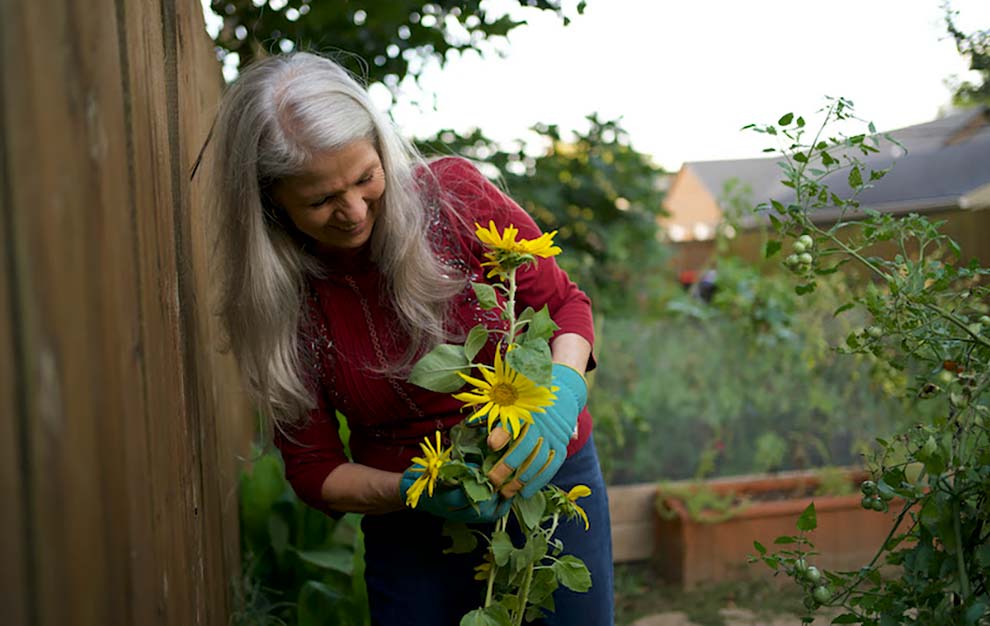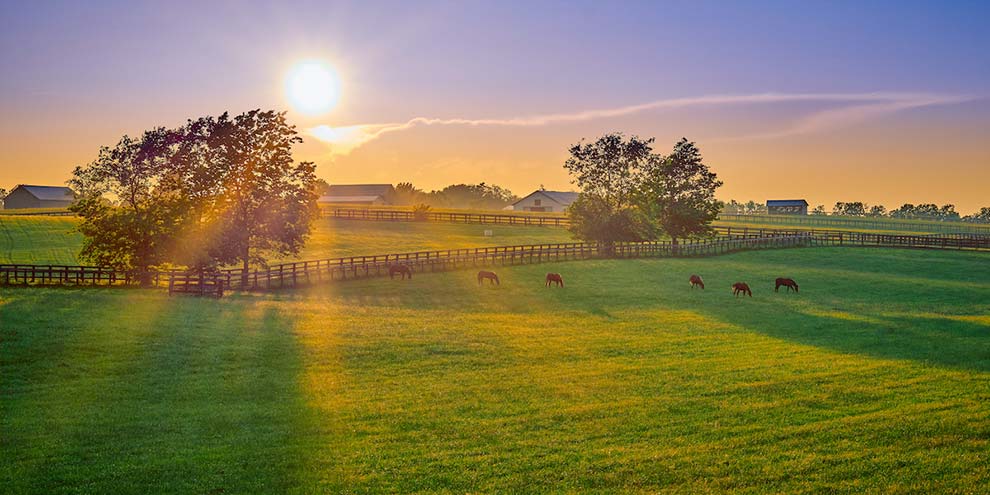- NO PESTICIDES — There’s a growing list of approved pesticides to use on hemp crops. The only way to ensure a CBD product is 100% pesticide free is by looking for the USDA Organic seal.1
- NO SYNTHETIC CHEMICALS — Beyond pesticides, non-organic hemp can also become contaminated with synthetic fertilizers and heavy metals in the soil. There’s no chance of this happening with products bearing the USDA Organic seal.
- INSPECTED BY A THIRD PARTY — Lots of companies claim to be “organic” or “organically grown,” but only USDA certified organic products are truly organic. That’s why it is important to always look for the USDA Organic seal on the product label.
For CBD, the USDA Organic seal means even more. Here’s why:
Currently, no regulation exists in America for CBD products. The only federal agency that regulates CBD consumer products is the USDA Organic Program. Without FDA regulations, these are your two choices: USDA Organic or federally unregulated.
Need more reasons to choose USDA Organic CBD products over conventional, non-organic products?
Here’s 3 more:
- SUSTAINABLE AGRICULTURE — Growing organic crops is more than just what is excluded, like pesticides and synthetic fertilizers. It’s also about raising crops in regenerative and sustainable ways.
- ORGANIC INGREDIENTS — To get the USDA Organic seal on a CBD product, a company needs more than just organic hemp. Every ingredient must be certified organic as well, which is another way to know if a company really cares about its customers.
- CERTIFIED FACILITIES — Every product that bears the USDA Organic seal must be produced in a facility that has been inspected by a third-party certifier to ensure there’s no contamination from conventional ingredients.
This is why CBD products that contain the USDA organic seal are more trustworthy than those products without it.2 And don’t trust any product that claims to be “organic” or “organically grown” without the USDA Organic seal. It’s very simple: a CBD oil is either USDA Organic, or it isn’t.
References
- “Organic 101: Allowed and Prohibited Substances.” United States Department of Agriculture. July 29, 2021. https://www.usda.gov/media/blog/2020/10/27/organic-101-allowed-and-prohibited-substances
- “The Emergence of USDA Certified Organic CBD Products.” Brightfield Group. February 5, 2021. https://blog.brightfieldgroup.com/emergence-of-usda-certified-organic-cbd




